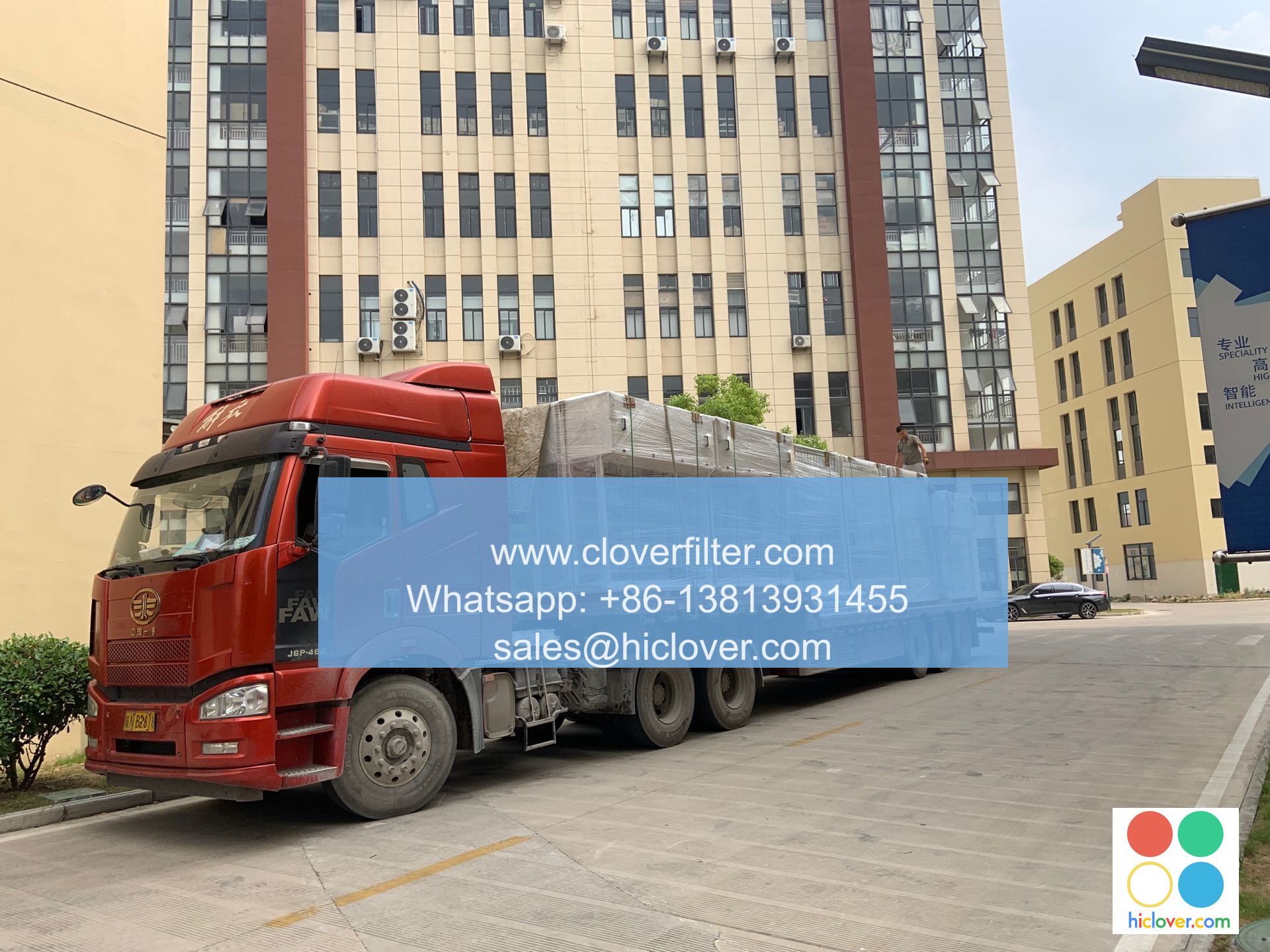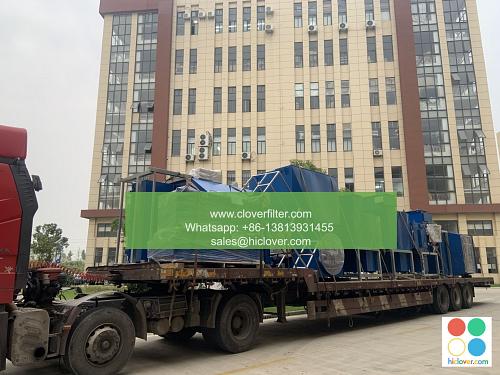Industrial Air Filter Leaks: Cause, Effect and Prevention

Industrial air filters play a crucial role in maintaining the quality of air in various industries, including manufacturing, pharmaceutical, and food processing. However, air filter leaks can compromise the efficiency and effectiveness of these systems, leading to a range of problems. In this article, we will explore the causes, effects, and prevention strategies for industrial air filter leaks, with a focus on HEPA filters, activated carbon filters, and air purification systems.
Causes of Industrial Air Filter Leaks
Air filter leaks can occur due to various reasons, including:
* Improper installation: If the air filter is not installed correctly, it can lead to gaps and leaks, allowing particulate matter and contaminants to bypass the filter.
* Filter damage: Physical damage to the filter, such as tears or punctures, can compromise its integrity and lead to leaks.
* Aging and wear: Over time, air filters can deteriorate, causing leaks and reducing their effectiveness.
* High pressure: Excessive pressure on the air filter can cause it to rupture or leak, particularly in high-velocity air streams.
Effects of Industrial Air Filter Leaks
Air filter leaks can have significant consequences, including:
* Reduced air quality: Leaks can allow pollutants and contaminants to enter the air stream, compromising the quality of the air and potentially harming human health and product quality.
* Increased energy consumption: Leaks can cause the HVAC system to work harder, leading to increased energy costs and reduced system efficiency.
* Premature filter replacement: Leaks can reduce the lifespan of the air filter, requiring more frequent filter replacements and increasing maintenance costs.
Prevention Strategies for Industrial Air Filter Leaks
To prevent air filter leaks, several strategies can be employed, including:
* Regular maintenance: Regularly inspecting and maintaining air filters can help identify and address potential leaks before they become major issues.
* Proper installation: Ensuring that air filters are installed correctly can help prevent leaks and ensure optimal performance.
* Filter monitoring: Implementing filter monitoring systems can help detect leaks and other issues, allowing for prompt filter replacement or repair.
* Upgrading to high-quality filters: Using high-quality air filters, such as HEPA filters or activated carbon filters, can help reduce the risk of leaks and improve overall air quality.
Application Areas for Industrial Air Filter Leaks Prevention
The prevention of industrial air filter leaks is crucial in various application areas, including:
* Pharmaceutical manufacturing: Clean air is essential in pharmaceutical manufacturing to prevent contamination and ensure product quality.
* Food processing: Air filter leaks can compromise the quality and safety of food products, making it essential to prevent leaks in food processing facilities.
* Manufacturing facilities: Air filter leaks can reduce the efficiency and effectiveness of manufacturing processes, making it essential to prevent leaks in industrial settings.
* Healthcare facilities: Clean air is essential in healthcare facilities to prevent the spread of infections and ensure patient health.
In conclusion, industrial air filter leaks can have significant consequences, including reduced air quality, increased energy consumption, and premature filter replacement. By understanding the causes, effects, and prevention strategies for air filter leaks, industries can take proactive steps to prevent leaks and maintain optimal air quality, particularly in sensitive application areas such as pharmaceutical manufacturing, food processing, and healthcare facilities. Prompt

